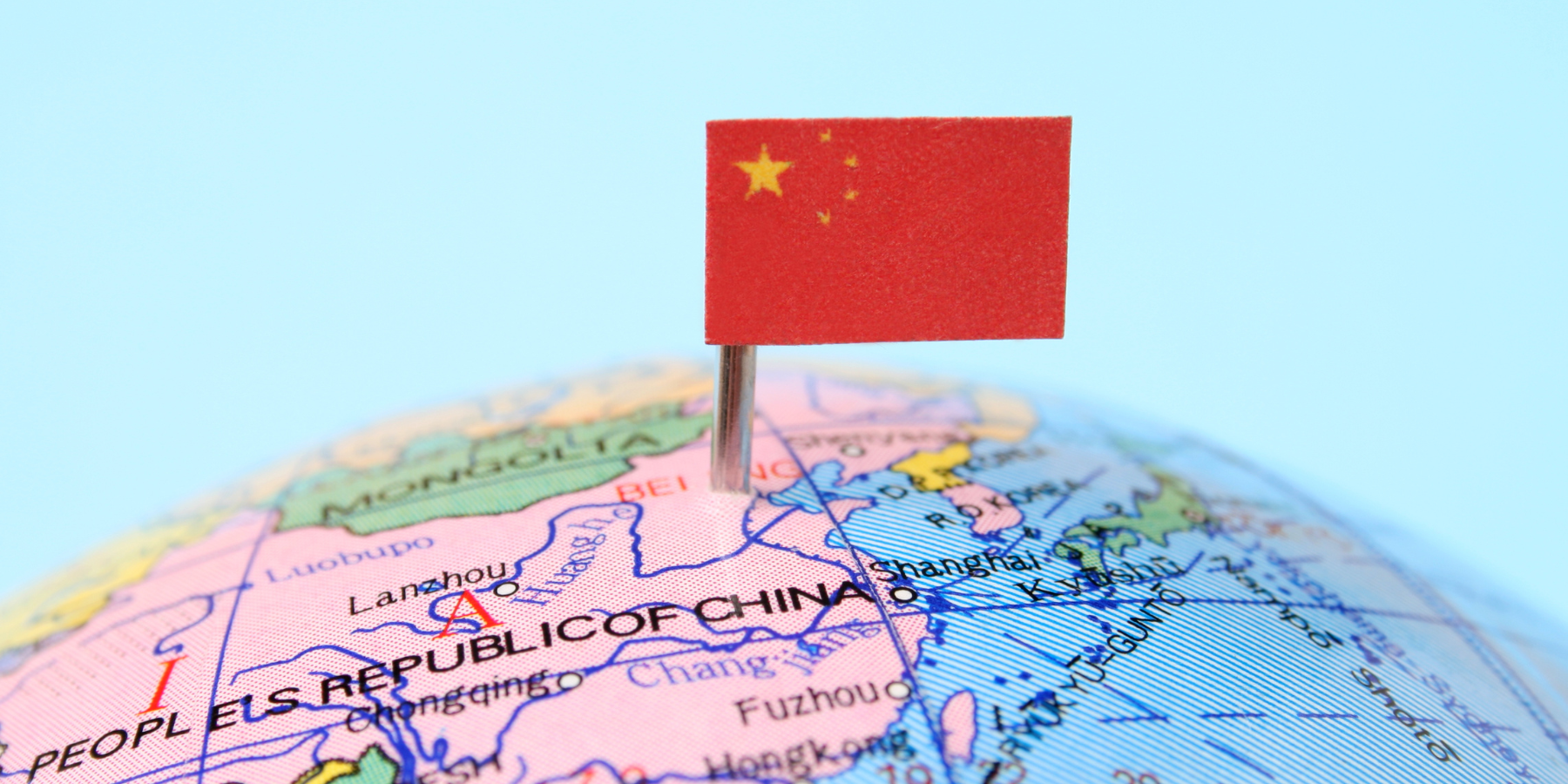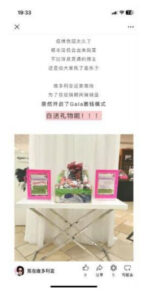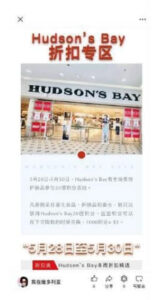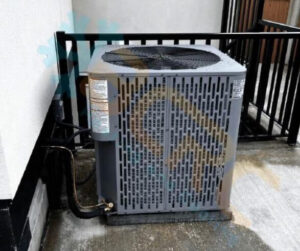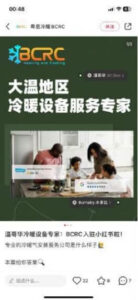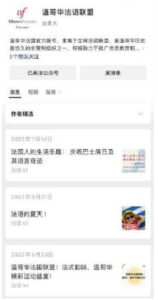China marketing can be incredibly rewarding, but it also comes with pitfalls to watch out for along the way.
One of the most important things you need to be careful about when entering the Chinese market is avoiding plagiarism and other intellectual property issues.
Unfortunately, some companies overlook the risks that come with China’s marketing strategies and are getting caught trying to pass off others’ work as their own.
This article explores how this can happen and how you can ensure your China marketing strategy gets IP right.
Learning from Audi’s ad plagiarism scandal
Andy Lau is one of the most celebrated and distinguished actors and film producers (among other things) in China.
The 60-year-old has hundreds of awards connected to his name.
However, he was at the centre of Audi’s campaign scandal in May, which caused outrage across the country.
The ad showed him sitting in the back seat of an Audi discussing the eighth of 24 solar terms, Xiaoman.
In the Chinese lunar calendar, Xiaoman is the time when summer gradually becomes the dominant season, and the grains ripen.
The ad had all the makings of an outstanding campaign except for one thing –-Andy’s monologue was a rip-off from a popular vlogger Beida Mange.
Beida — who has more than 4 million followers on Douyin — detailed the plagiarism in a seven-minute video accusing the luxury carmaker of plagiarizing his content word for word.
Soon after the video upload, the hashtag #AudiXiaomanAdPlagiarism started trending, gathering millions of views in a short time.
Audi blamed this IP infringement on ‘lack of supervision and lax review.’
What happens if you plagiarize?
If you get caught plagiarizing on the mainland, you could face some severe consequences.
Not only could you be sued for copyright infringement, but you could also be blacklisted from doing business in the country.
In addition, your company’s reputation could be damaged, and you could lose potential customers.
Plagiarism is an industry scandal.
Many western brands have failed to learn their lesson.
Honda and BMW— have been exposed for similar infringements.
Also, recently, Chopard was accused of copying rival Tiffany & Co.’s advertisement.
All these backlashes here highlight China’s growing regard for IP protection.
Protecting original content is equal to protecting innovation in China.
Plagiarism can even be a possible violation of the law and can even be treated with zero tolerance.
In the case of the Audi scandal, the copyright of advertising films belongs to the advertiser, which is the luxury carmaker in the case.
Thus, the advertiser (Audi) should and will bear the legal responsibility for IP infringement, including a public apology and financial compensation.
However, if you as an advertiser are unaware of what materials the advertising company uses, then you could recover losses from it according to the entrustment contract.
How to avoid the risk of copyright infringement.
Here are some precautions for advertisers and spokespersons of western brands that want to avoid the risk of copyright infringement when targeting Chinese markets.
Conduct due diligence for any proposed content.
Before investing any time or money in a new china marketing campaign, be sure to conduct due diligence on the ad content.
This means ensuring that all images, videos, and text are original and legally obtained.
The last thing you want is to have your brand associated with plagiarism, so take the necessary precautions upfront.
Ensure the advertising company confirms the content originality
If you’re working with an agency or third-party supplier, be sure to get written assurances or warranties that they will not plagiarize.
Ask them to provide comprehensive representations and warranties relating to their core obligations, including the originality of all content.
This will help protect your brand’s image and ensure you get the most bang for your buck.
Ask the advertising company to train their employees on IP and infringement issues.
That’s how the service provider can avoid Ip infringement issues altogether.
And…even if an infringement still happens, then a public apology and deleting the infringed work is all it takes.
Make sure the contract imposes strong obligations on the other party.
So, for example, ensure that the endorsement contract signed with the advertiser clearly defines the advertiser’s guarantee of non-infringing content (including liability for breach.)
Such penalties should include broad possible damages.
Take into consideration the risk to your brand’s reputation and the resulting loss of income that could come from a case like this.
Final remarks
So what’s a brand to do?
The key is to be proactive and aware of the dangers of plagiarism in China.
Work with trusted partners who can help you navigate the complicated legal landscape and avoid potential pitfalls.
In the end, it’s better to create a unique china marketing strategy that reflects your brand’s values and resonates with Chinese consumers.
Do your research and create original content that will resonate with your target audience.
As it’s not only about some bad PR and temporarily damaged reputation like it traditionally happens in the west.
And remember, when in doubt, always err on the side of caution.
Your reputation—and your bottom line—will thank you for it.

